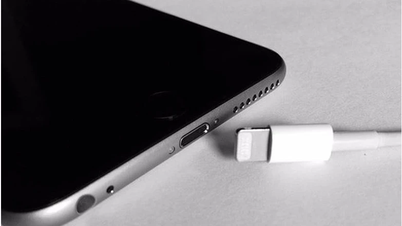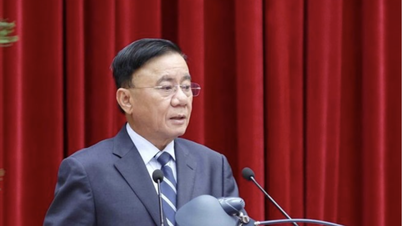At the recent Galaxy S24 Unpacked event, Samsung spent most of the time introducing new AI features, while hardware upgrades were only mentioned briefly at the end of the event. This clearly shows that Samsung sees great potential from Galaxy AI to increase sales of this new product line.

Illustration
Initial success with Galaxy AI
According to initial reports, Galaxy AI has actually helped Samsung sell more devices, especially the Galaxy S24 series. The company has made good use of this technology on its new foldable phones, bringing groundbreaking AI features that have increased the appeal of the product.
Samsung has also been quick to expand the AI feature to older flagships, helping Galaxy AI quickly appear on more than 100 million devices globally within weeks of its launch. The company now aims to increase that number to 200 million devices by the end of 2024 – a significant achievement considering the technology has only been around for less than a year.
Mid-range segment strategy: the solution from Galaxy AI?
However, Galaxy AI is still limited to Samsung's flagship lines, while many other product lines in the Galaxy family, especially high-end mid-range phones, have not been integrated. This could be Samsung's key strategy to dominate the mid-range market segment, where the company is facing fierce competition from rivals.
The mid-range segment is notoriously a cutthroat one. Samsung has struggled to maintain market share, especially in lucrative emerging markets like India, where Chinese and local rivals are increasingly strong. However, Samsung has managed to maintain its position thanks to its strong brand equity, extensive retail network and good customer service, without having to engage in a full-blown price war.
AI – Samsung's new "trump card"
With the rapid development of technology, specifications such as display, camera or battery life are no longer attractive enough for consumers as before. Now, Samsung is betting on AI as a decisive factor to attract customers. Consumers, especially in the mid-range segment, are increasingly interested in how AI features can improve their user experience.
While many other manufacturers in the mid-range segment have not been able to develop exclusive AI features, Samsung has invested heavily in its AI development teams. At the same time, its strategic partnership with Google has helped the company integrate Google AI services smoothly on Galaxy devices. This is an advantage that not many competitors in the mid-range segment have.
Waiting for the Galaxy AI explosion in the mid-range segment
While Samsung has started to bring some AI features to the Galaxy A series and the Galaxy Tab S9 FE, the core features of Galaxy AI are still missing. This suggests that Samsung may be planning to keep Galaxy AI limited to flagships to boost sales. When Samsung feels that Galaxy AI has reached a sales saturation point, it may decide to expand Galaxy AI to the mid-range segment.
When that happens, if no other manufacturer focuses so much on AI for mid-range phones, Samsung will become the undisputed leader in this segment. Samsung’s products will not only stand out in terms of features, but also integrate more smoothly into the company’s ecosystem, which is rapidly shifting towards AI. And if Samsung truly believes that the future of mobile is AI, then Galaxy AI will certainly not be limited to flagships – we just need to wait a little longer for it to become a reality.
Hung Nguyen (According to Sammobile)
Source: https://www.congluan.vn/galaxy-ai-vu-khi-chien-luoc-cua-samsung-trong-cuoc-dua-dien-thoai-tam-trung-post308322.html





![[Photo] General Secretary To Lam receives the Director of the Academy of Public Administration and National Economy under the President of the Russian Federation](/_next/image?url=https%3A%2F%2Fvphoto.vietnam.vn%2Fthumb%2F1200x675%2Fvietnam%2Fresource%2FIMAGE%2F2025%2F12%2F08%2F1765200203892_a1-bnd-0933-4198-jpg.webp&w=3840&q=75)









































































































Comment (0)